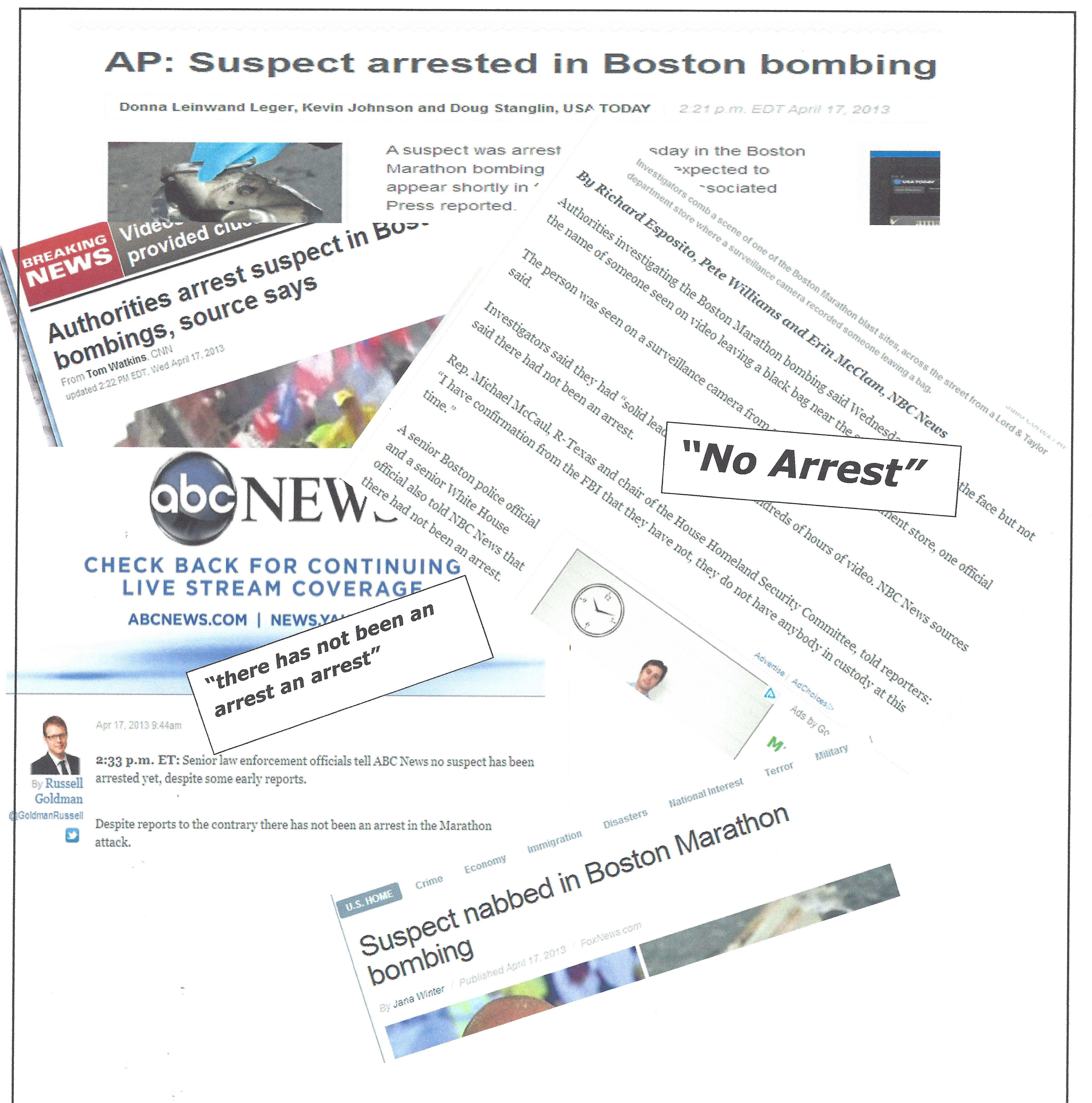Washington Post reporter Bob Woodward is acting like many of the politicians he covers — trying to spin his way out of a jam.
Woodward had this to say on CNN earlier this week concerning an email from senior White House official Gene Sperling that used the the word “regret”:
“It makes me very uncomfortable to have the White House telling reporters you’re going to regret doing something that you believe in.”
However, when the actual emails were released, they revealed Sperling’s email was largely an apology for an earlier heated phone call with Woodward. Sperling’s “threat” was put this way:
“I do truly believe you should rethink your comment about saying saying that Potus asking for revenues is moving the goal post. I know you may not believe this, but as a friend, I think you will regret staking out that claim.“
If Woodward felt “uncomfortable,” he had an odd way of showing it in his response to Sperling’s email. He wrote, “You do not ever have to apologize to me. You get wound up because you are making your points and you believe them. This is all part of a serious discussion. I for one welcome a little heat; there should more given the importance.”
Since the two emails call into question the actual “threat,” Woodward made a clumsy attempt at damage control on MSNBC this morning, “I did not feel threatened.” This spin is especially difficult given his own newspaper, the Washington Post, wrote a story stating he had been threatened.
Woodward, the co-hero of the Watergate investigation, leaves us with a lesson worth remembering. Reporters can get caught up in spin, too.
The writer is a former TV news journalist who teaches a mass media course at the College of St. Rose. Media consulting is part of his small business.







